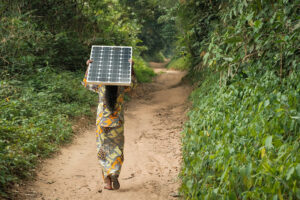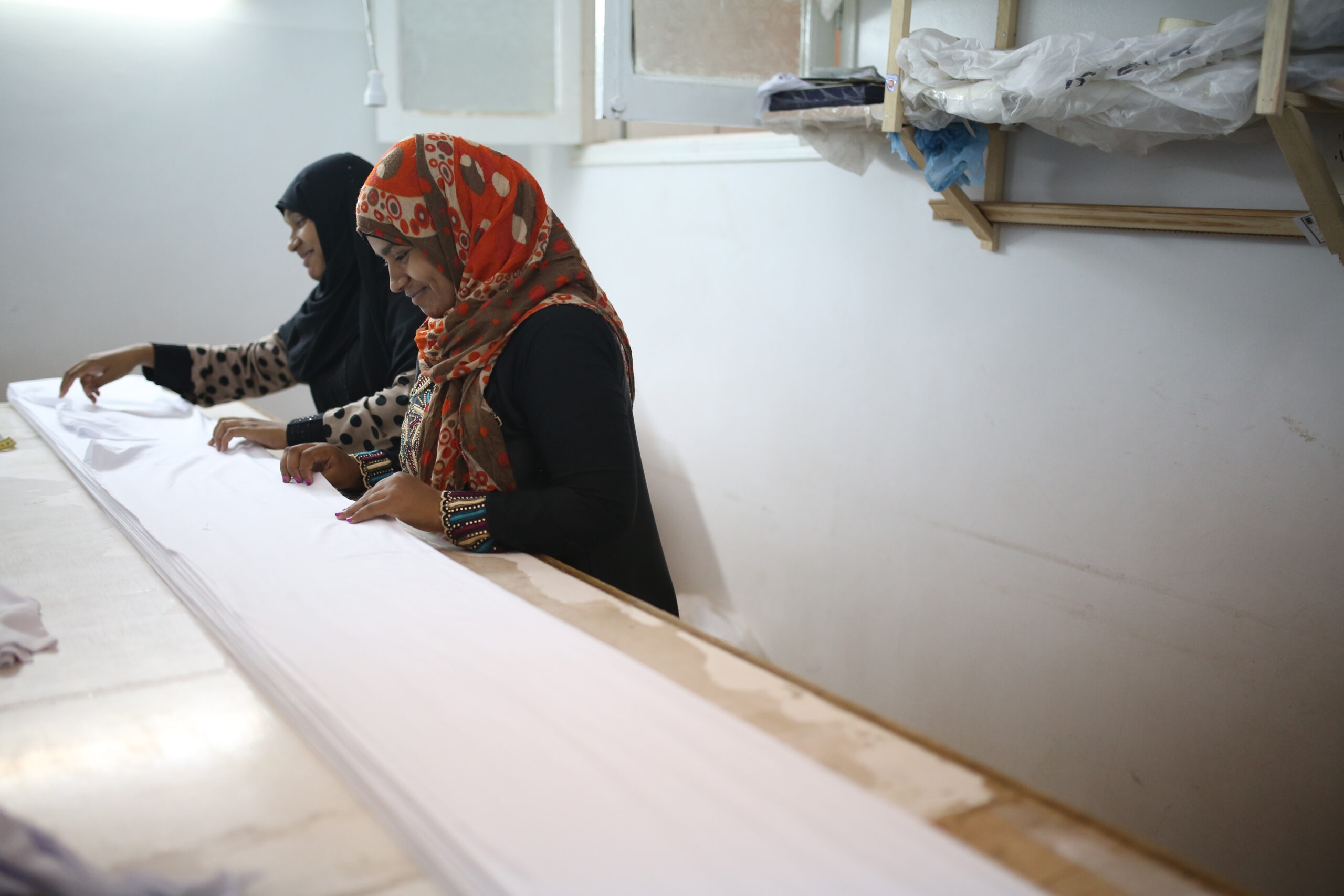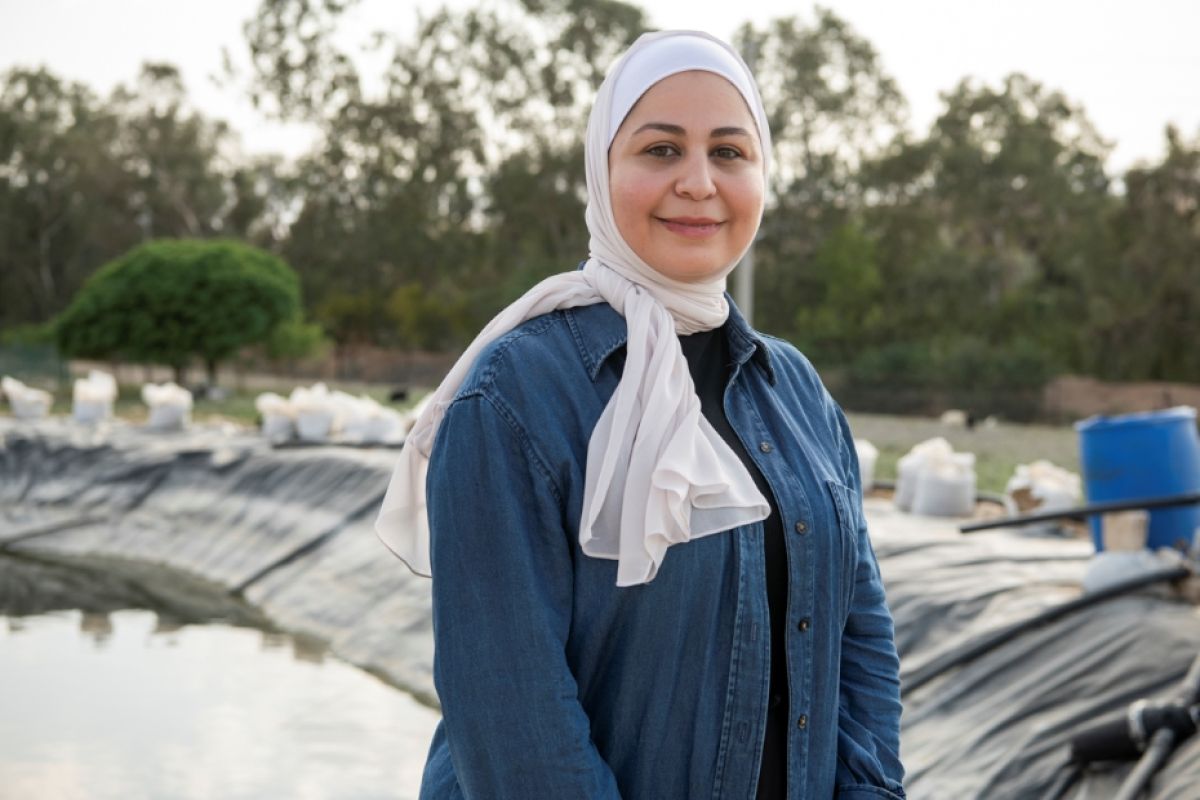
Powering Change: Women, Youth, and the Clean Energy Revolution at the UN CSW 69th Session
10 March 2025
As the world races to combat climate change, one of the most powerful solutions lies in unlocking the potential of women and youth. On the sidelines of the United Nations Commission on the Status of Women (CSW) 69th session, a groundbreaking event titled “Powering Change: Women, Youth, and the Clean Energy Revolution” will shed light on how these groups are pivotal in driving the global clean energy transition.
The event is set to be a powerful platform for showcasing the integral role of these often underrepresented groups in reshaping the energy landscape.
The Importance of Women and Youth in Clean Energy
Women and youth have long been at the forefront of innovative solutions to global challenges, and their contributions to clean energy are no exception. Women bring unique leadership and perspectives to the table, offering fresh solutions and insights that can transform the energy sector. Youth, on the other hand, are often driving the demand for new technologies, sustainable practices, and ambitious policies.
Both groups face significant barriers to participation in the energy sector, but they also possess immense potential to reshape the future of energy systems. Empowering women and youth not only creates more equitable opportunities but also strengthens the overall resilience of energy systems. As the world grapples with the realities of climate change, it is essential that the voices of women and youth are heard, their talents recognized, and their leadership supported.

Photo by Axel Fassio/CIFOR
Why This Event is Essential
The Powering Change event comes at a pivotal moment for the global energy transition. As nations work toward meeting climate goals, women and youth are too often left out of decision-making processes. However, the inclusion of these groups in the energy sector is vital for achieving both social justice and environmental sustainability. By empowering women and youth, we can create a more inclusive and diverse energy workforce that drives lasting change.
Key discussion areas
- Unequal access to clean energy: Across the world, women have less access to modern, clean energy sources, which affects their health, livelihoods, and economic opportunities.
- Exploitation in clean energy business models: Many small-scale women entrepreneurs face unfair pricing structures and limited access to finance, preventing them from thriving in the energy sector.
- The need for gender-responsive policies: Without policies that prioritize gender equity, the shift to clean energy may deepen economic and social inequalities.
Why this matters
The clean energy transition is not just about reducing carbon emissions; it’s also about economic growth, job creation, and social justice. However, to fully unlock its potential, the transition must be gender-sensitive and inclusive.
Without proper training, financial support, and employment pathways, many women and young people will miss out on opportunities in the sector. This could slow economic development and make it harder for countries to meet global goals like the Sustainable Development Goals (SDGs).
What you’ll gain from this event
- Insights from leading experts on gender, energy policy, and business models.
- Real-world examples of successful policies and initiatives that support women and youth in clean energy.
- Actionable recommendations for governments, businesses, and development organizations to drive meaningful change.
Speakers
- Ann Kingiri, African Centre for Technology Studies (ACTS)
- Michele Diop, Desjardins International Development (DID)
- Hala Abou-Ali, Economic Research Forum (ERF)
Chair
Bipasha Baruah, Professor & Canada Research Chair in Global Women’s Issues.
How to attend
This is event is in-person only and for anyone who is attending The Commission on the Status for Women 2025 (UNCSW).
Location: CCUN, 10th floor
Time: 4:30 to 6:00 pm EST
blog
Women’s leadership and innovative finance: Driving climate resilience and sustainable development
Thursday 20 November 2025
This panel, hosted as part of COP30, will explore how women’s leadership and inclusive financial innovation serve as powerful levers for climate resilience and sustainable development. The session will highlight concrete examples internationally, focusing on the intersection of gender equity, entrepreneurship, and climate action. Panellists: Adel Ben Youssef, Université Côte d’Azur – featured Clean Energy […]
Unlocking the Potential of Small and Medium Businesses and Entrepreneurs in the Clean Energy Transition
3 December 2025
This report highlights outcomes and recommendations from the T20 Side Event ‘Unlocking the Potential of Small and Medium Businesses and Entrepreneurs in the Clean Energy Transition’, held in Johannesburg on 17 October 2025. It presents seven recommendations for concrete steps to turn the G20’s green energy principles into practice, with South Africa’s presidency positioned as […]
Fostering an inclusive energy transition through micro, small and medium-sized enterprises
7 January 2026
Micro, small and medium-sized enterprises (MSMEs) are the main engine of economic growth in the Middle East and North Africa (MENA). The transition to a green economy represents both an environmental necessity and a significant economic opportunity for the region. However, without an intentional focus on gender, this transformation risks reinforcing existing inequalities, rather than […]



